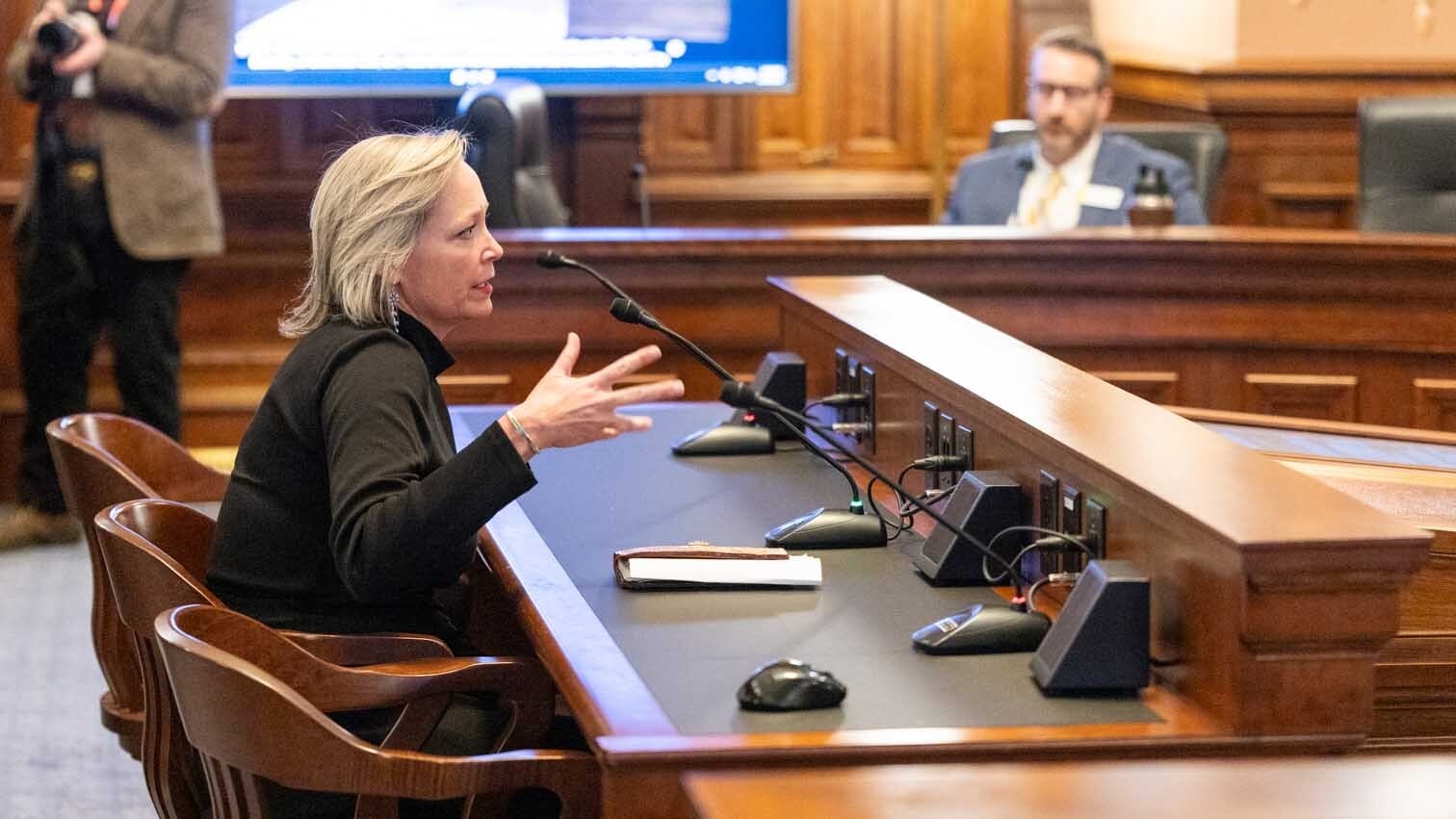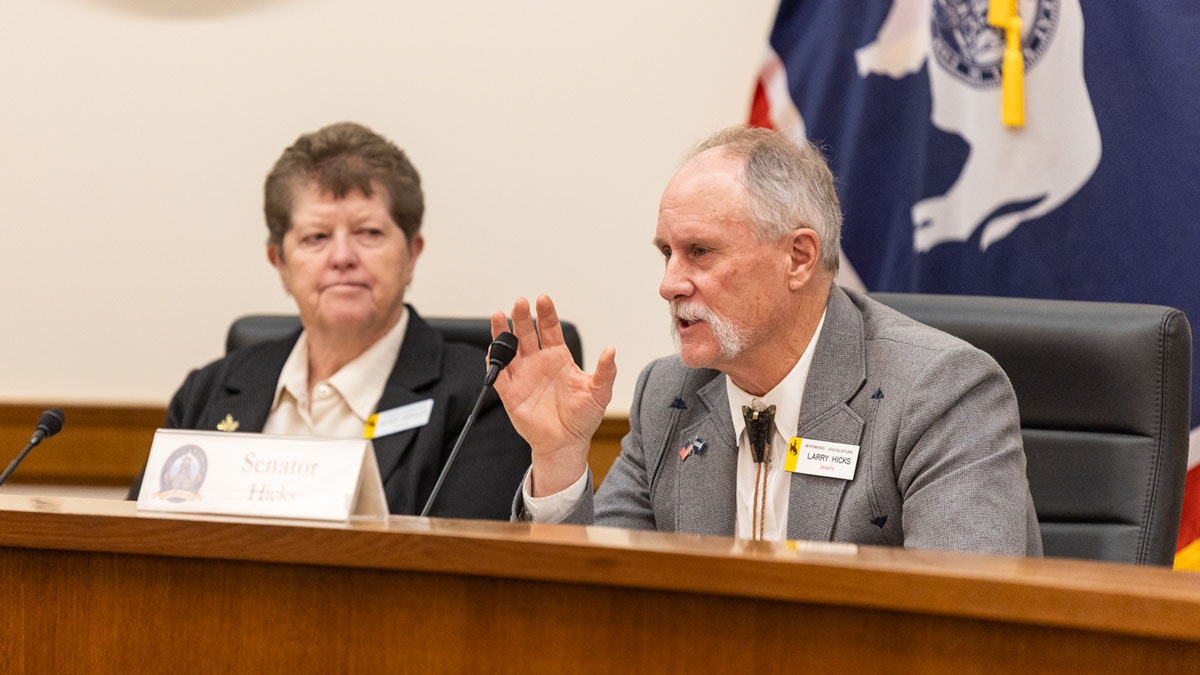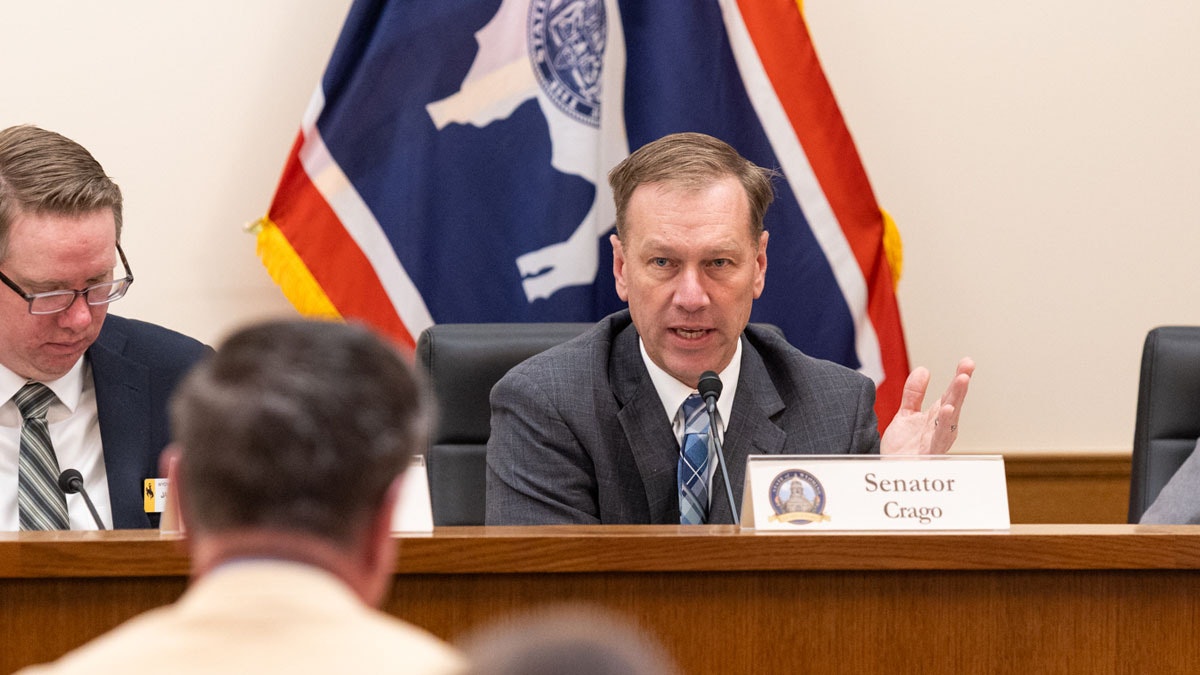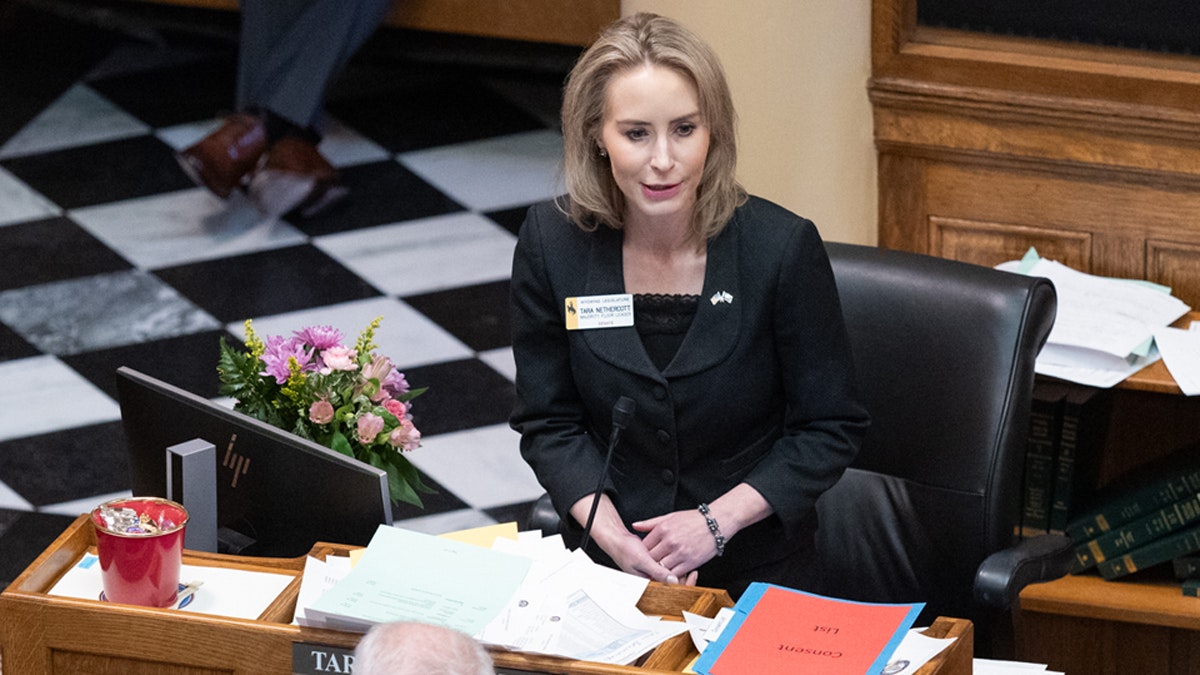At least one Wyoming U.S. Postal Service worker doesn’t trust the outlook for Wyoming mail under the recently revised Delivering for America Plan.
Neither does U.S. Rep. Harriet Hageman, who has wasted no time in filing additional legislation that will prohibit closing even small post offices without substantial prior notice.
Her latest bill, brought with U.S. Rep. Emanuel Cleaver, D-Missouri, will require the USPS to follow the same notification standards for storefront post offices at even small postal facilities.
That means the Postal Service is required to notify the public, through signs and advertisements, that it plans to close or consolidate any sorting, distribution or processing facilities at least 60 days before taking action.
The measure is intended to give residents ample time to appeal such actions to the Postal Service’s regulator, the Postal Regulatory Commission (PRC), which would then have up to 120 days to review the appeal.
“Without these protections, USPS can arbitrarily close or consolidate processing and distribution centers, leaving rural communities — like so many in Wyoming — dependent on facilities in distant cities outside their state,” Hageman said. “Such closures threaten the timely and secure delivery of mail — including election mail and life-saving medications — and disrupt local jobs.”
Cleaver, meanwhile, said the measure is not only a crucial safeguard, but it helps retain the “interconnectedness of each and every community throughout the country.”
Postal Worker: Alarm Bells Should Still Be Ringing
The USPS has told Cowboy State Daily its recent rollback of plans mean most of Wyoming’s local mail will now travel to either Casper and Cheyenne for processing, rather than out of state to Denver and Billings.
But Bob Jacknitsky, Wyoming’s state representative for postal worker union NPMHU Local 321, told Cowboy State Daily it’s not time to relax yet when it comes to Delivering for America.
He himself has questions about the execution of Local Processing Centers, which is what both Cheyenne and Casper will become.
“I still don’t know what that entails,” he said. “I’ve also heard that we will be getting a SIPS (Single Induction Package Sorter) which should help us move mail faster.”
But, Jacknitsky added, as someone who has been a longtime employee of the Postal Service, he will not believe that until it actually happens.
“If the USPS was smart, they would take advantage of our natural location benefits in Cheyenne, and expand our geographical responsibilities,” he said. “I guarantee it would improve service.”
Jacknitsky also said that many other rural parts of the country are still at risk if the current Delivering for America plan continues.
“While Cheyenne and Casper are safe for now, my biggest concern is the Postal Service will continue with the flawed DFA plan throughout the rest of the country,” he said. “This has not worked anywhere it has been implemented and will continue to delay mail for the customer. Just because some cities are off the list for consolidation doesn’t mean this plan will suddenly work.”
Universal Service Obligation Questions Remain
Delivering for America proposed cutting costs by reducing mail services to locations 50 miles or more from a Regional Processing and Distribution Center (RPDC).
Wyoming will still not be getting an RPDC under Delivering for America, and all of its communities are 50 miles or more away from an RPDC.
According to filings related to the plan with the Postal Regulatory Commission, communities more than 50 miles outside an RPDC will not be getting afternoon collection of mail as they have in the past. Instead, that mail will sit overnight in the back of the post office, awaiting collections the next morning, when mail is dropped off for delivery.
That means an additional day added to delivery times for such communities. Concurrent with that change, the Postal Service has also proposed lowering their service standards to reflect this additional day as still on time.
But since these downgrades do not apply uniformly across the entire nation, it has raised questions about whether the plan meets the Postal Service’s statutory obligation to provide universal service to all of its patrons.
According to an analysis of the plan at Save The Post Office, a USPS news and analysis website created by a former English professor, there are other state capitals besides Wyoming’s that are going to see slower mail under the plan, simply because they are 50 miles or more from an RPDC.
Wisconsin’s capital in Madison, for example, is more than 60 miles from the RPDC in Milwaukee. That means mail sent in Milwaukee will be faster than mail from the Capital.
The same is true for Missouri’s capital, Jefferson City, which will be outpaced by mail from St. Louis and Kansas City, and North Dakota’s capital, Bismarck, whose mail will be outpaced by Fargo.
It’s an “unprecedented” change in the nature of the nation’s mail service, PRC Vice Chairman Robert Taub said during a PRC hearing on the plan in December.
“(The plan) is not affecting all of us in America in the same way,” he said. “Rural America, those particularly affected outside of this arbitrary 50-mile radius, are going to be getting different service. That, to me, raises fundamental questions about what is the universal service obligation that Americans have come to expect.”
Taub also said that makes it all the more imperative that the Americans’ views are heard by their representatives in Congress, as opposed to “unilateral” decisions being made by Postal Service officials.
Renée Jean can be reached at renee@cowboystatedaily.com.





